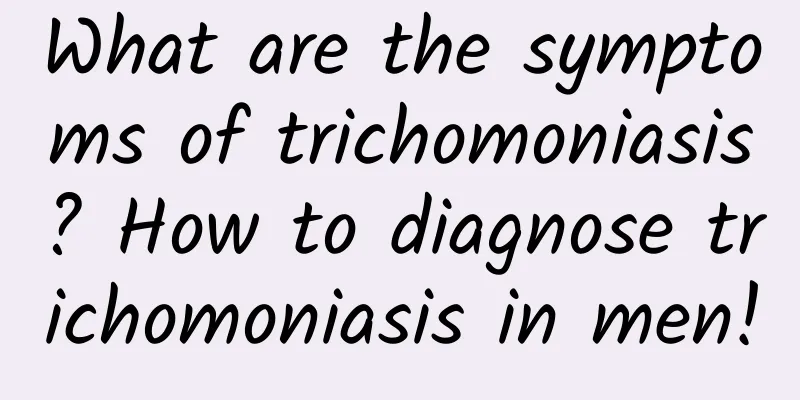What to do if you have no testicles?

|
Testicles and penis are standard male reproductive organs and are also part of normal male sexual organs. However, a small number of men are born without testicles. In this case, medical experts usually consider whether the patient has cryptorchidism. If you are unfortunately faced with this symptom, you don't have to be too desperate. If you understand the symptoms and causes of cryptorchidism, follow the doctor's instructions, and receive treatment through surgery, there is a high chance that you will return to normal. 1. Cryptorchidism
Cryptidysis refers to the failure of the testicles to descend into the scrotum. It includes incomplete testicular descent and ectopic testicles. Clinically, the vast majority of cryptidysis is incomplete testicular descent. Ectopic testicles are most often located in the superficial fossa of the inguinal groove. 80% of cryptidysis can be palpated, 20% cannot be palpated, about 20% of the inpalpable testicles are absent testicles, and 30% are testicular atrophy. Children can retract their testicles, and usually only follow-up visits are required to prove that the testicles are in a normal state and not retracted. 2. Causes
1. The gubernaculum testis, which guides the testicles into the scrotum, is abnormal or absent, so that the testicles cannot descend from their original position into the scrotum. 2. Congenital testicular dysplasia makes the testicles insensitive to gonadotropin and loses the power to descend. 3. The luteinizing hormone released by the hypothalamus causes a lack of LH and follicle stimulating hormone (FSH) secreted by the pituitary gland, which can also affect the power of testicular descent. Those caused by endocrine factors are mostly bilateral cryptic testis, while those caused by other factors are mostly unilateral cryptic testis. Sometimes cryptic testis can be combined with inguinal oblique hernia. 3. Treatment
1. Hormone therapy Cryptorchidism may be associated with hypothalamic-pituitary-gonadal axis abnormalities, and hormone therapy uses HCG, LHRH, or a combination of both. The guidelines recommend βHCG for preoperative preparation of inaccessible cryptorchidism or some reoperation cases, which increases testicular blood supply and facilitates surgery. 2.Surgery For those whose testicles have not descended into the scrotum after 6 months of birth, surgery should be performed as soon as possible. For adolescent patients with cryptorchidism, testicular descent and fixation should be performed as soon as it is discovered. If the testicles are found to be atrophic or unable to descend into the scrotum during the operation, orchiectomy can be performed if necessary. |
<<: How to control masturbation?
Recommend
What are the medicines for ejaculation inflammation?
Men often experience some discomfort during the e...
How should boys with short legs dress?
Beauty has become a goal pursued by modern people...
What are the reasons for low sperm survival rate in men?
We all know that if the survival rate of male spe...
What is male ED
ED is the abbreviation of erectile dysfunction. E...
The harm of iced black tea to boys
Men who often drink iced black tea will have too ...
How many men care about women's performance do you think?
Relationships require the joint efforts of two pe...
Benefits of zinc supplementation for men
Zinc is called the "flower of life" and...
What is the cause of the white pimples under the glans scalp?
White pimples appear under the glans, and you sho...
Finding a good wife is half the battle for a man
Behind every successful man there is a woman who ...
Renal insufficiency can be diagnosed from these aspects
Kidney is an important organ in the human body. R...
Why is it that men can't get hard? How can we solve it?
The penis is erect but not hard enough, which may...
What are the symptoms of low male hormone secretion?
In real life, many people do not know the profess...
What are some ways to improve sexual performance?
As people's requirements for the quality of l...
Ways to increase endurance
If a man's duration during sex is particularl...
Itchy soles
Our skin will have a series of problems due to ou...









